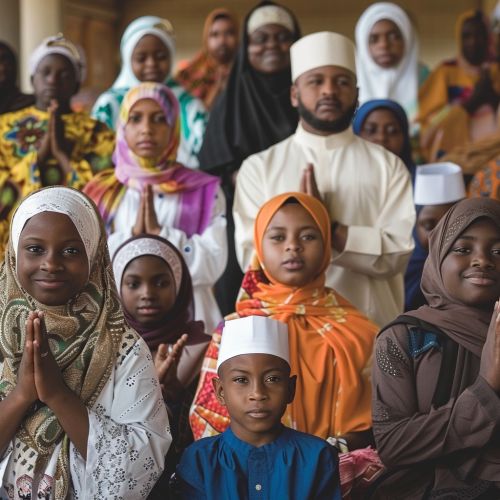The Varieties of Religious Experience
Overview
The Varieties of Religious Experience refers to the diverse ways in which individuals perceive and express their spiritual beliefs and practices. This concept acknowledges that religious experience is not monolithic, but rather, it is influenced by a myriad of factors including cultural context, personal history, and psychological disposition. The study of religious experience encompasses a broad range of disciplines, including theology, psychology, anthropology, and sociology.


Historical Context
The term "Varieties of Religious Experience" was popularized by William James' seminal work, "The Varieties of Religious Experience: A Study in Human Nature," published in 1902. In this work, James, a pioneering psychologist and philosopher, explored the psychological aspects of religion, examining how individuals experience and interpret the divine. His work laid the groundwork for the modern study of religious experience.
Types of Religious Experiences
Religious experiences can be broadly categorized into two types: immanent and transcendent.
Immanent Experiences
Immanent experiences are those that occur within the natural world and are accessible through the senses. These experiences often involve a sense of connection or unity with the world around us. This can include experiences of awe and wonder in response to the natural world, or feelings of connection with other people or the universe as a whole.
Transcendent Experiences
Transcendent experiences, on the other hand, are those that go beyond the natural world. These experiences often involve a sense of connection with a higher power or divine entity. This can include mystical experiences, visions, and experiences of enlightenment or spiritual awakening.
Factors Influencing Religious Experience
A variety of factors can influence an individual's religious experience. These include cultural context, personal history, psychological disposition, and physiological factors.
Cultural Context
The cultural context in which an individual is raised can greatly influence their religious experiences. This includes the religious traditions and beliefs of their community, as well as the broader societal attitudes towards religion.
Personal History
An individual's personal history can also shape their religious experiences. This can include past experiences, both positive and negative, with religion. For example, individuals who have had positive experiences with religion in the past may be more likely to have positive religious experiences in the future.
Psychological Disposition
An individual's psychological disposition can also influence their religious experiences. This includes their personality traits, mental health, and cognitive style. For example, individuals who are more open to experience may be more likely to have mystical or transcendent religious experiences.
Physiological Factors
Physiological factors can also influence religious experiences. This includes the individual's physical health, as well as their neurological and genetic makeup. For example, research has shown that certain neurological conditions can increase the likelihood of having religious experiences.
Implications for Understanding Religion
The study of the varieties of religious experience has significant implications for our understanding of religion. It challenges the notion that there is a single, "correct" way to experience or express religious belief. Instead, it suggests that religious experience is deeply personal and subjective, shaped by a multitude of factors. This understanding can foster greater tolerance and respect for religious diversity.
